Patient BK (18 years old, living in Ho Chi Minh City) accidentally discovered he had IgA glomerulonephritis during a hospital visit due to severe abdominal pain.
The patient said that he often stays up until 1-2am to work or use the phone. In addition, fast food and soft drinks are the foods he consumes most.
Associate Professor, Dr. Nguyen Bach - Head of the Department of Nephrology - Dialysis, Thong Nhat Hospital, said that in more than 1,000 kidney biopsies performed, there were about 300 young patients and 70% of them had IgA glomerulonephritis, but most of them did not know they had the disease. This is the leading cause of many young people having to undergo early dialysis.

Results from the community kidney disease screening program implemented by Thong Nhat Hospital also showed that 9.8% of people of working age had kidney damage but were completely asymptomatic. Only when obvious signs such as edema, oliguria or high blood pressure appeared, did the patients seek medical care for examination and treatment.
“Kidney disease is no longer a disease of the elderly, there are people as young as 20-30 years old who have kidney failure. Among them, IgA glomerulonephritis is the leading cause. The initial symptoms are very vague, many patients only discover it when their kidney function has seriously declined,” said Dr. Bach.
According to doctors, the habit of staying up late, sleeping during the day, along with a high-salt diet, and regularly drinking soft drinks and milk tea causes the kidneys to be silently damaged over time. In addition, the abuse of functional foods of unknown origin and stimulants also causes toxins to deposit in the glomerulus, affecting the blood filtering function.
In addition, environmental pollution and prolonged infections are factors that contribute to the tendency for kidney disease to appear earlier and earlier in young people.
According to Associate Professor Dr. Le Dinh Thanh, Director of Thong Nhat Hospital, many people have kidney disease but do not know it. If not screened and treated early, this group is at risk of progressing to end-stage chronic kidney disease, requiring dialysis, peritoneal dialysis or kidney transplant.
He said this not only seriously affects the patient's health but also increases treatment costs, because renal replacement therapy is about 14 times more expensive than controlling the disease at an early stage.
The earliest and simplest sign to detect kidney disease is to perform a complete urinalysis. If the results show microscopic hematocrit or proteinuria, the patient should see a kidney specialist for timely evaluation and treatment.
Doctors note that most chronic kidney disease patients also have high blood pressure, so young people with high blood pressure should proactively screen their kidney function regularly.
Associate Professor, Dr. Nguyen Bach emphasized: “The cost of a urine test is only a few tens of thousands, cheaper than a cup of milk tea, but it can help prevent the disease from progressing to kidney failure. Therefore, people should maintain the habit of regular urine testing to protect their kidney health."
IgA glomerulonephritis is an immune disorder that occurs when IgA antibodies accumulate and attack the glomeruli - the organs that filter the body's blood. This process progresses silently, causing kidney tissue to gradually become fibrotic and kidney function to decline over time. The disease is common in Asia, especially Vietnam, Korea and Japan, due to genetic factors combined with hot and humid climate, which easily causes infection. In addition, environmental pollution, exposure to toxic chemicals and salty eating habits also increase the risk of the disease. IgA glomerulonephritis often begins after upper respiratory tract infections such as sore throats and flu. When the immune system overreacts, IgA antibodies deposit in the glomeruli, causing inflammation and repeated damage leading to fibrosis and progression to chronic kidney failure if not detected and treated early. | |
Source: https://baolangson.vn/nhieu-nguoi-tre-suy-than-do-bien-chung-tu-viem-cau-than-iga-5063397.html


![[Photo] General Secretary To Lam meets former British Prime Minister Tony Blair](https://vphoto.vietnam.vn/thumb/1200x675/vietnam/resource/IMAGE/2025/10/30/1761821573624_tbt-tl1-jpg.webp)
![[Photo] The Third Patriotic Emulation Congress of the Central Internal Affairs Commission](https://vphoto.vietnam.vn/thumb/1200x675/vietnam/resource/IMAGE/2025/10/30/1761831176178_dh-thi-dua-yeu-nuoc-5076-2710-jpg.webp)
![[Photo] General Secretary To Lam attends the Vietnam-UK High-Level Economic Conference](https://vphoto.vietnam.vn/thumb/1200x675/vietnam/resource/IMAGE/2025/10/30/1761825773922_anh-1-3371-jpg.webp)

![[Photo] National Assembly Chairman Tran Thanh Man receives foreign ambassadors who came to say goodbye](https://vphoto.vietnam.vn/thumb/1200x675/vietnam/resource/IMAGE/2025/10/30/1761820977744_ndo_br_1-jpg.webp)
![[Photo] Touching scene of thousands of people saving the embankment from the raging water](https://vphoto.vietnam.vn/thumb/1200x675/vietnam/resource/IMAGE/2025/10/30/1761825173837_ndo_br_ho-de-3-jpg.webp)













































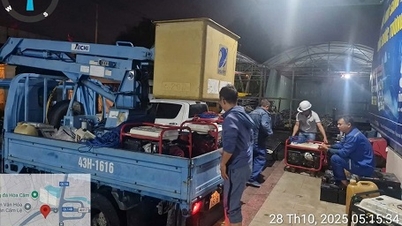



















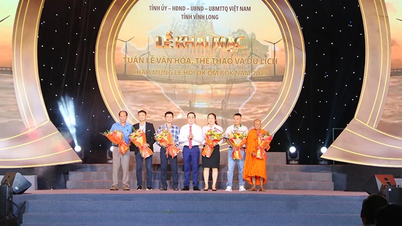



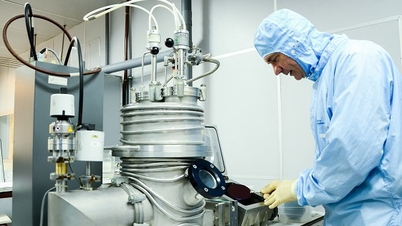


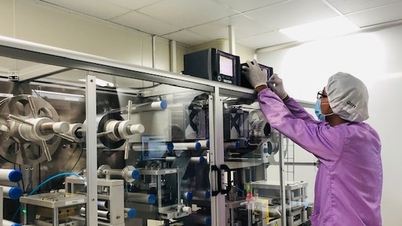

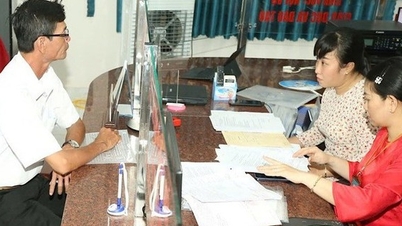
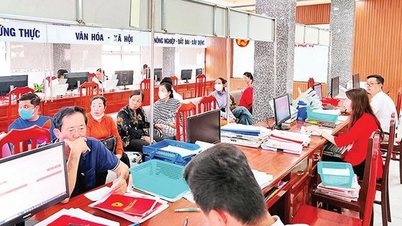



















Comment (0)